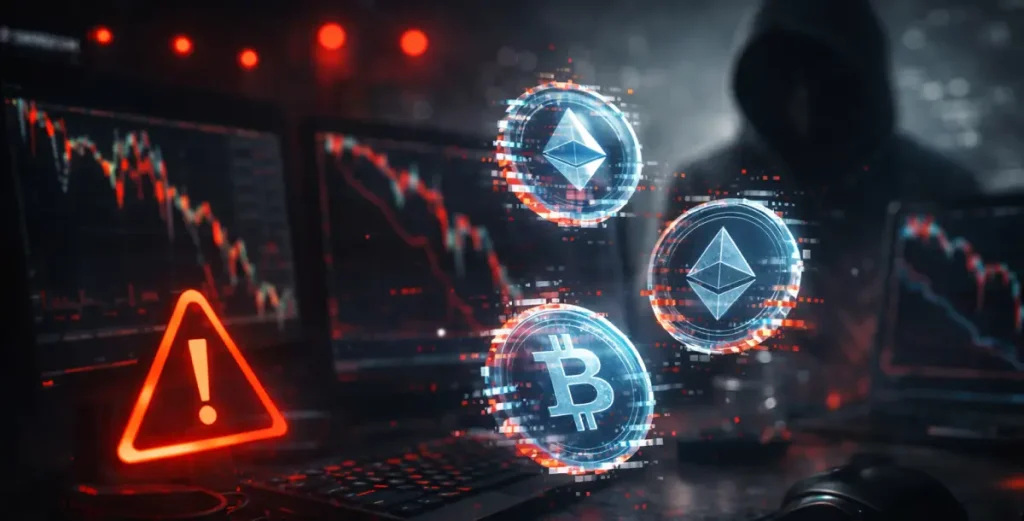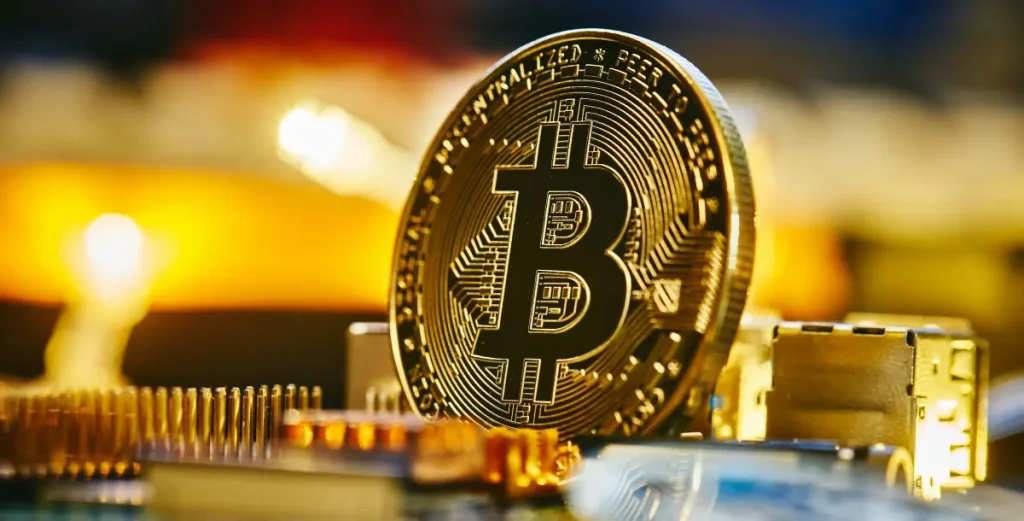
Introduction: The $16 Trillion RWA Opportunity Demands Private Proof
The tokenization of real-world assets (RWAs) is driving one of the biggest paradigm shifts in finance. From real estate and gold to invoices and government bonds, institutions are moving tangible assets on-chain to unlock liquidity, automation, and 24/7 access.
According to Boston Consulting Group, over $16 trillion in tokenized RWAs could circulate on blockchain networks by 2030. But as these assets scale digitally, a new problem emerges: How do you prove asset backing, compliance, or user legitimacy—without exposing sensitive data?
The answer: Zero-Knowledge Proofs (ZKPs).
This cryptographic breakthrough lets you prove a fact (like compliance, ownership, or solvency) without revealing any of the underlying data. In a tokenized financial world where privacy and verifiability must coexist, ZKPs aren’t optional—they’re fundamental.
This guide explains what ZKPs are, why they matter to enterprise infrastructure, and how forward-thinking institutions are already using them to secure compliance, protect privacy, and win market trust.
What Is a Zero-Knowledge Proof?
A Zero-Knowledge Proof is a cryptographic method where one party (the prover) convinces another (the verifier) that a statement is true without revealing the information that makes it true.
It’s like showing you solved a math problem—without showing the math or the answer.
In business terms, that means:
- Proving a wallet passed KYC—without revealing the user’s identity
- Proving reserves exist—without disclosing amounts or custodians
- Proving capital ratios—without exposing proprietary books
ZKPs are already used in privacy coins (like Zcash), scaling networks (like zk-rollups), and increasingly, enterprise tools where data compliance and discretion matter.
Why ZKPs Are Critical to the Tokenized Economy
As more real-world value flows through blockchain networks, regulators and partners demand proof. But full transparency = full exposure. And in enterprise finance, that’s unacceptable.
Zero-knowledge proofs strike a balance. They let platforms:
- Prove facts (compliance, solvency, permissions)
- Protect data (user identity, wallet details, asset mix)
- Maintain trust (auditable, repeatable, verifiable)
ZKPs let you build trust without giving up secrets.
This is essential not just for DeFi, but for:
- Banks issuing tokenized debt
- Asset managers launching gold- or bond-backed tokens
- FX platforms running stablecoin settlements
- Regulated institutions conducting on-chain KYC
Key Use Cases for Zero-Knowledge Proofs in Business
Let’s break down how ZKPs are already being used—or soon will be—by enterprise teams dealing with tokenized finance and digital compliance.
1. Proving RWA Backing Without Exposure
A real estate platform can tokenize properties and issue yield-bearing tokens. ZKPs allow it to prove each token is backed by a real asset—without disclosing address, owner, or appraisal data.
2. Verifying KYC Without Storing PII
A crypto bank can verify that users are KYC’d via a ZKP system that returns a proof of verification—without saving or sharing identity documents.
3. Proving AML Compliance Without Leaking Flows
A stablecoin issuer can confirm that all transactions are compliant with FATF travel rule thresholds—without revealing recipient addresses or wallet balances.
4. Cross-Border Confidential Transactions
OTC desks or treasuries can settle high-value trades using ZKPs to verify compliance, permissions, or thresholds—while keeping deal data private.
5. Capital Ratios and Basel IV Reporting
A bank holding tokenized debt or stablecoins may need to report reserve ratios to regulators. With ZKPs, they can provide cryptographic proofs of capital adequacy without disclosing sensitive accounting ledgers.
How Zero-Knowledge Proofs Work (Simplified)
Most modern ZKPs fall into two families:
| Type | Description |
| zk-SNARKs | Short, fast proofs with setup requirement (used in Zcash, Polygon zkEVM) |
| zk-STARKs | Scalable, transparent proofs, no setup, post-quantum secure |
ZKPs work by creating a mathematical proof that is:
- Non-interactive (doesn’t require back-and-forth validation)
- Verifiable by any party, even offline
- Immutable once published
This makes them ideal for automating audits, validating compliance, and running self-verifying smart contracts.
Why Most Institutions Are Still Behind
Despite their value, ZKPs are still rare in traditional financial stacks. Why?
- Cryptographic complexity: Few in-house teams understand ZK tech
- Unclear regulation: Regulators are warming to ZKPs, but clarity varies
- Legacy architecture: Most banks still rely on opaque, permissioned systems
- Lack of enterprise-ready tooling: Until recently, ZKP frameworks were academic or DeFi-native
But this is changing. As MiCA, Basel IV, and FATF frameworks evolve, regulators increasingly accept proof over exposure—and tools like ChainUp make it easier than ever to deploy ZKPs with compliance baked in.
Final Thoughts: Proof Without Exposure Is the Future of Finance
Transparency without privacy is surveillance. Privacy without proof is non-compliance.
Zero-Knowledge Proofs deliver both—making them the key enabler of the next phase of institutional crypto, tokenized assets, and regulatory innovation.
If your business touches RWAs, stablecoins, or regulated crypto infrastructure, you need ZKPs—not as an add-on, but as core architecture.
Ready to Deploy Zero-Knowledge Infrastructure?
ChainUp helps institutions, fintechs, and token issuers implement privacy-preserving compliance, RWA tokenization, and confidential smart contracts.
Book a free consultation or request a live demo. Let our team show you how to protect data, comply globally, and scale faster—with zero-knowledge.



